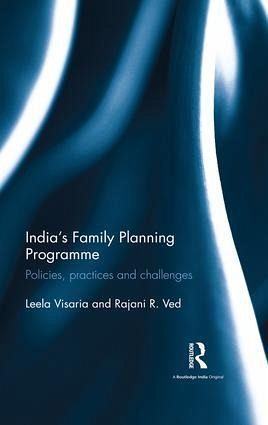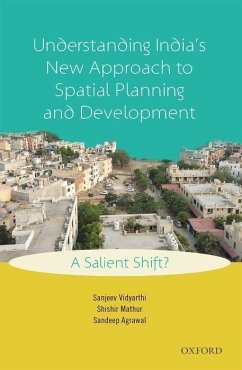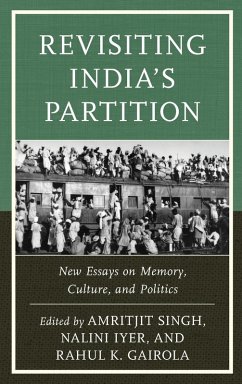
India's Family Planning Programme
Policies, practices and challenges
Versandkostenfrei!
Versandfertig in 1-2 Wochen
185,99 €
inkl. MwSt.
Weitere Ausgaben:

PAYBACK Punkte
93 °P sammeln!
The volume closely examines the changes, pressures and shifts in India's family planning programme since its inception in 1952. It outlines the massive increase in India's population from 361 million in 1951 to 1.21 billion in 2011. The book underlines that the goal of population stabilization cannot be achieved at the cost of the rights of people.













